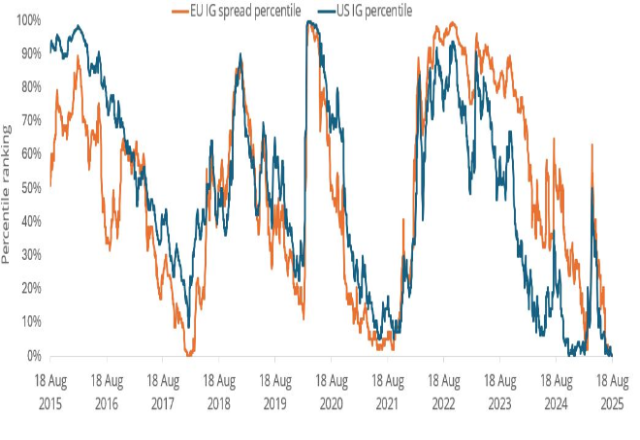Tim Winstone, CFA
Head of Investment Grade Credit | Portfolio Manager
Tim Winstone is Head of Investment Grade Credit and Portfolio Manager on the Corporate Credit Team at Janus Henderson Investors. He joined Henderson as a portfolio manager in 2015 and began leading the investment grade platform in 2024. Prior to Henderson, he was an executive director, senior fixed income portfolio manager and part of the global credit team at UBS Global Asset Management. He began his career as a portfolio assistant at Thesis Asset Management and has worked in global credit since 2004.
Tim earned a BSc degree (Hons) in mathematics from the University of Bristol. He holds the Chartered Financial Analyst designation and the Investment Management Certificate and passed the Regulation and Compliance unit of the CISI Diploma. He has 23 years of financial industry experience.








